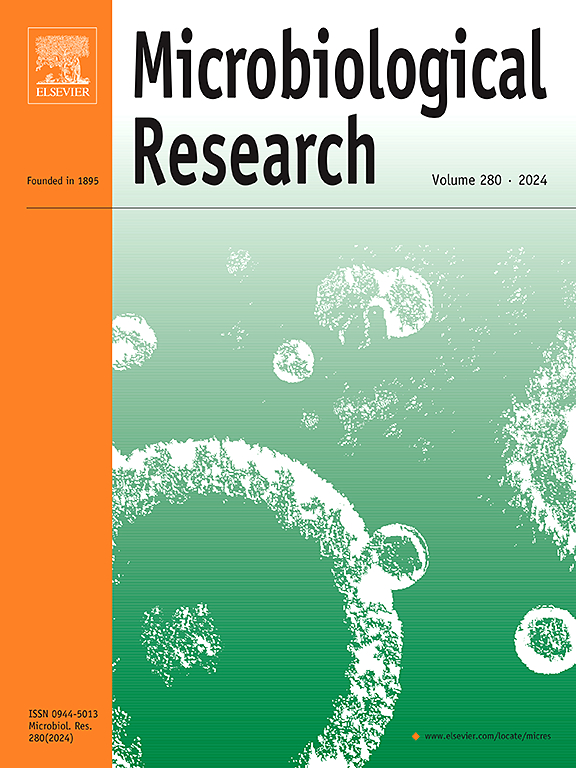Assessing the risk of TB progression: Advances in blood-based biomarker research
IF 6.1
1区 生物学
Q1 MICROBIOLOGY
引用次数: 0
Abstract
This review addresses the significant advancements in the identification of blood-based prognostic biomarkers for tuberculosis (TB), highlighting the importance of early detection to prevent disease progression. The manuscript discusses various biomarker categories, including transcriptomic, proteomic, metabolomic, immune cell-based, cytokine-based, and antibody response-based markers, emphasizing their potential in predicting TB incidence. Despite promising results, practical application is hindered by high costs, technical complexities, and the need for extensive validation across diverse populations. Transcriptomic biomarkers, such as the Risk16 signature, show high sensitivity and specificity, while proteomic and metabolic markers provide insights into protein-level changes and biochemical alterations linked to TB. Immune cell and cytokine markers offer real-time data on the body's response to infection. The manuscript also explores the role of single-nucleotide polymorphisms in TB susceptibility and the challenges of implementing novel RNA signatures as point-of-care tests in low-resource settings. The review concludes that, while significant progress has been made, further research and development are necessary to refine these biomarkers, improve their practical application, and achieve the World Health Organization's TB elimination goals.
评估结核病进展风险:基于血液的生物标志物研究进展。
本文综述了在结核病(TB)血液预后生物标志物鉴定方面取得的重大进展,强调了早期检测对预防疾病进展的重要性。该手稿讨论了各种生物标志物类别,包括转录组学、蛋白质组学、代谢组学、基于免疫细胞、基于细胞因子和基于抗体反应的标志物,强调了它们在预测结核病发病率方面的潜力。尽管结果很有希望,但实际应用受到高成本、技术复杂性和需要在不同人群中进行广泛验证的阻碍。转录组生物标记,如Risk16标记,显示出高度的敏感性和特异性,而蛋白质组学和代谢标记提供了与结核病相关的蛋白质水平变化和生化改变的见解。免疫细胞和细胞因子标记提供人体对感染反应的实时数据。该手稿还探讨了单核苷酸多态性在结核病易感性中的作用,以及在低资源环境中实施新型RNA标记作为即时检测的挑战。这篇综述的结论是,虽然已经取得了重大进展,但需要进一步的研究和开发来完善这些生物标志物,改进它们的实际应用,并实现世界卫生组织消除结核病的目标。
本文章由计算机程序翻译,如有差异,请以英文原文为准。
求助全文
约1分钟内获得全文
求助全文
来源期刊

Microbiological research
生物-微生物学
CiteScore
10.90
自引率
6.00%
发文量
249
审稿时长
29 days
期刊介绍:
Microbiological Research is devoted to publishing reports on prokaryotic and eukaryotic microorganisms such as yeasts, fungi, bacteria, archaea, and protozoa. Research on interactions between pathogenic microorganisms and their environment or hosts are also covered.
 求助内容:
求助内容: 应助结果提醒方式:
应助结果提醒方式:


